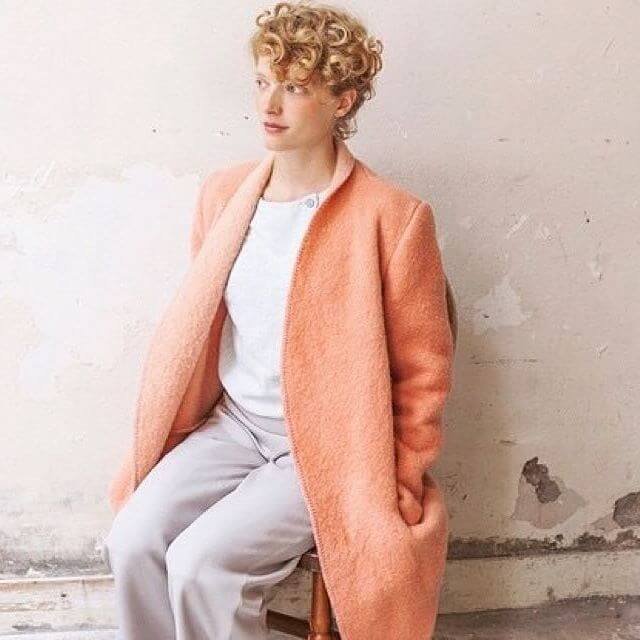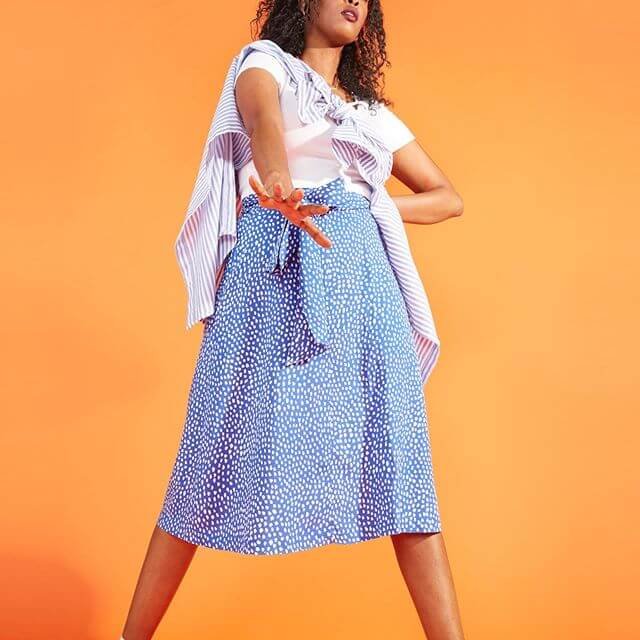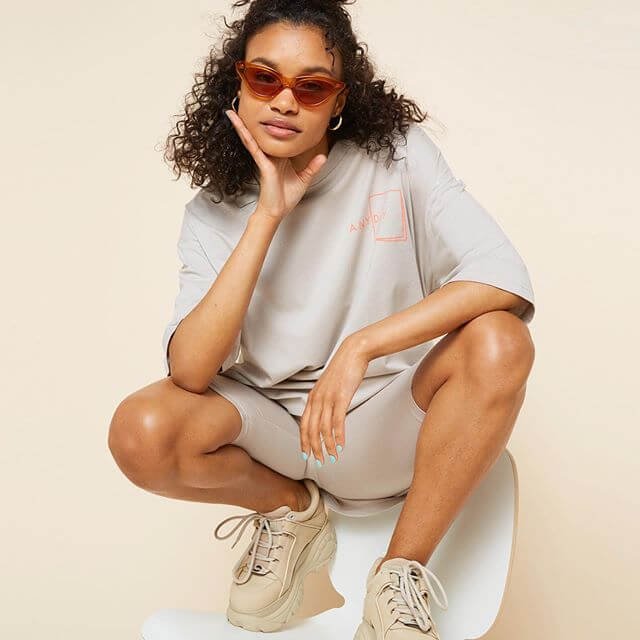
When you think about sustainable fashion, what comes to your mind? Wait, let us guess: high prices, dull clothing, hard-to-find boutiques. Moreover, the idea that you can’t get out of your mind: If all the big brands keep carrying out unsustainable practices, am I really going to make a change? I don’t think so…
Hey darling, let AISPI break the myths that are stopping you from buying sustainable!
1. Sustainable fashion is expensive
High price of the items is probably the first thing that comes to your mind. It is true that companies normally face higher costs when trying to produce sustainable or find fair suppliers, and it is translated in higher prices for consumers. However, thanks to the increasing interest on this kind of respectful practices (for people and for the environment), new solutions are being created and cost is not anymore an issue for many brands:
Pinzat
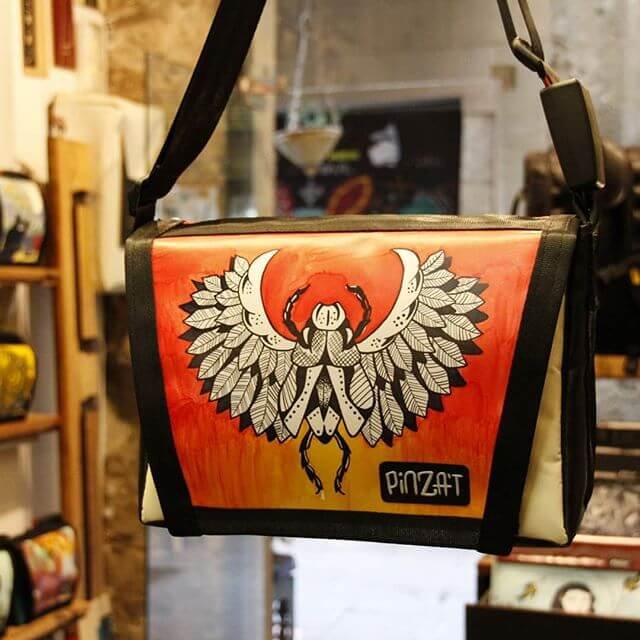
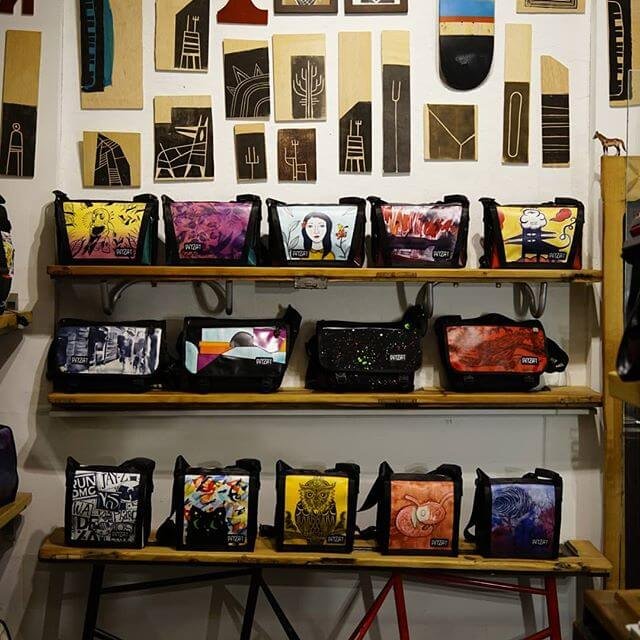
Pinzat manufactures bags, handbags, wallets, etc., made from recycled materials such as car seat safety buckles, at affordable prices!
Click here to know more
Wintervacht
Another brand that fascinate us for its out-of-the-box idea is Wintervacht, which manufactures their outerwear and accessories from Dutch woolen blankets and vintage curtains!

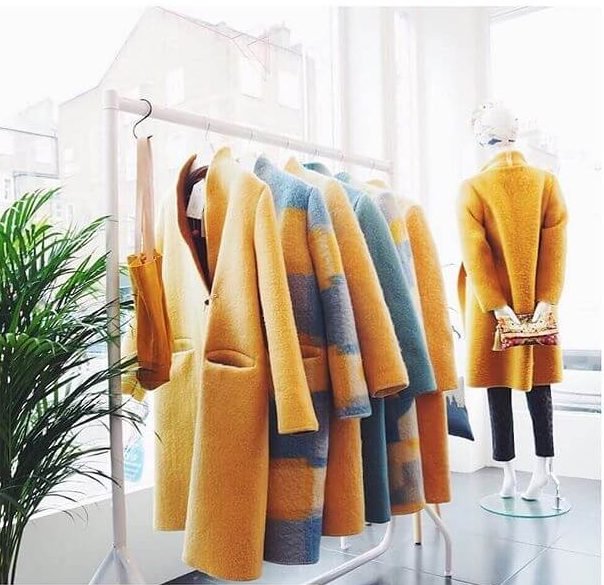
By consuming from this kind of boutiques, we will encourage more research on sustainable processes, making it less costly and help fashion businesses to increasingly integrate this mindset and ethics.
2. Sustainable fashion is boring
Slow fashion has been traditionally seen as not very fashion-forward. This is, a lot of people (especially the ones who don’t know our AISPI-ed brands yet) think about it as dull clothing or accessories that seem to not worth the money.
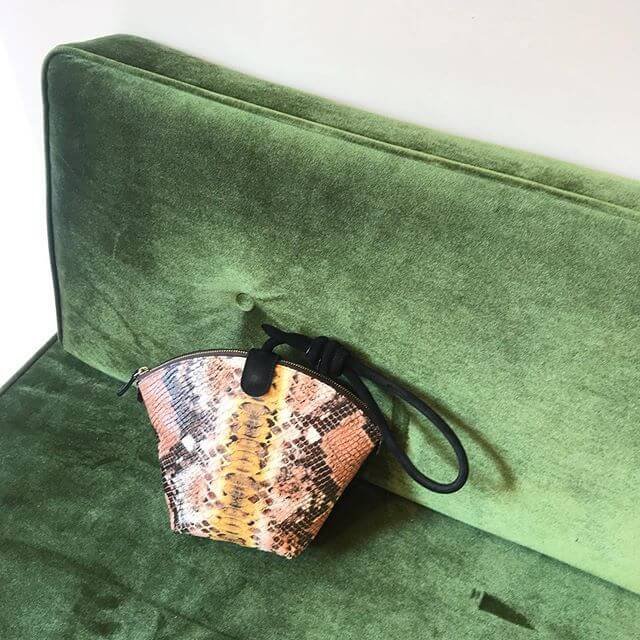
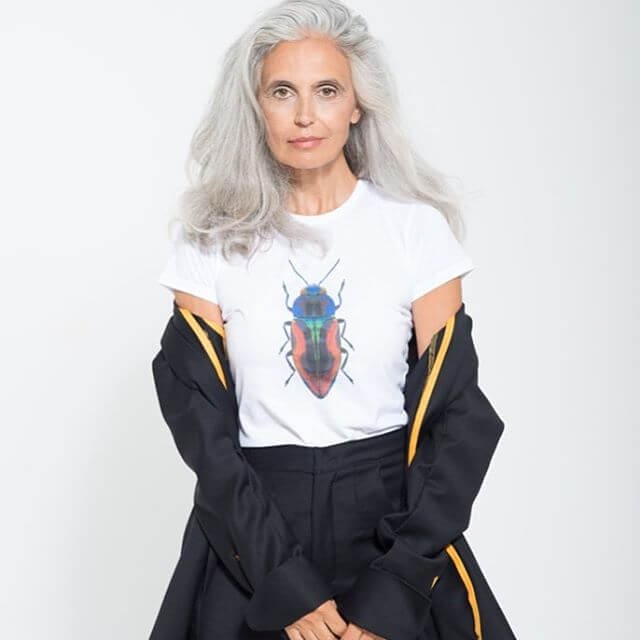
Fortunately, things are changing and we can break this myth too! Fashion designers such as Yuna Miray’s clothing, or Mashu and Ruigrok van der Werven’s bags are creating killer aesthetics that are far from the “mute” sustainable pieces we were used to.
Mashu
3. Big brands don’t care
We all know certain brands that show extremely disrespectful practices with both people and the environment, and consumers still buy from them. So, if they still get millions of customers, why would they change their processes and materials? This can be extremely demotivating, probably making you feel that your contribution to slow fashion is just a drop in the ocean that will never change big companies’ mind. However, this is already becoming a myth!
Mango Committed Collection
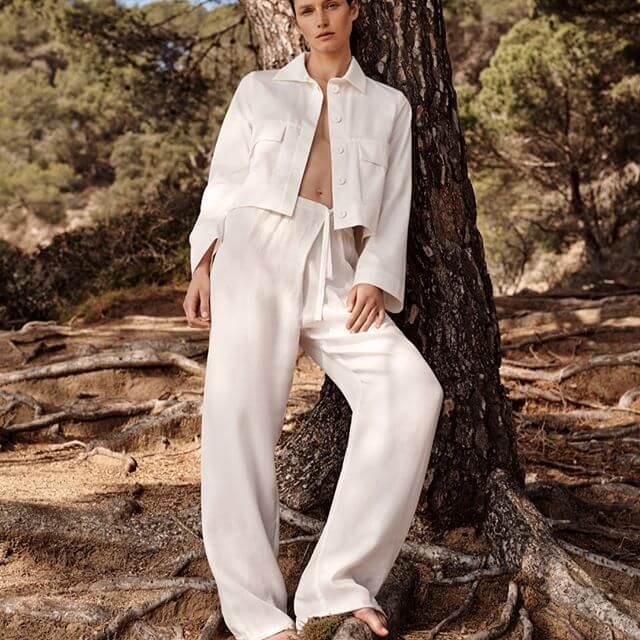

That is the case for companies such as Mango or Monki, which have already experimented the pressure and intelligently responded to it. For example, this last young brand has the clear objective of using only recycled or other sustainably sourced materials in the long-medium term, and it keeps giving small steps towards it. This Autumn, Monki started getting 100% of the cotton used in their clothes from sustainable sources and they will keep this forever. Small steps towards future.
Monki
Now that you have seen the 3 myths of Slow Fashion broken, there is your chance to start! With consumers concern and action, sustainability will get to the point where it will be no longer a sacrifice of profits but an efficiency multiplier adopted by the whole Fashion Business. And AISPI’s favourite part: our revolutionary new designers will have the opportunity to already start their amazing creations from that privileged point!
– Written by Virginia Lite
Did you enjoy reading this? Follow our Instagram and our blog to discover more things, people and brands that inspire us to keep fighting for the slow fashion revolution!



